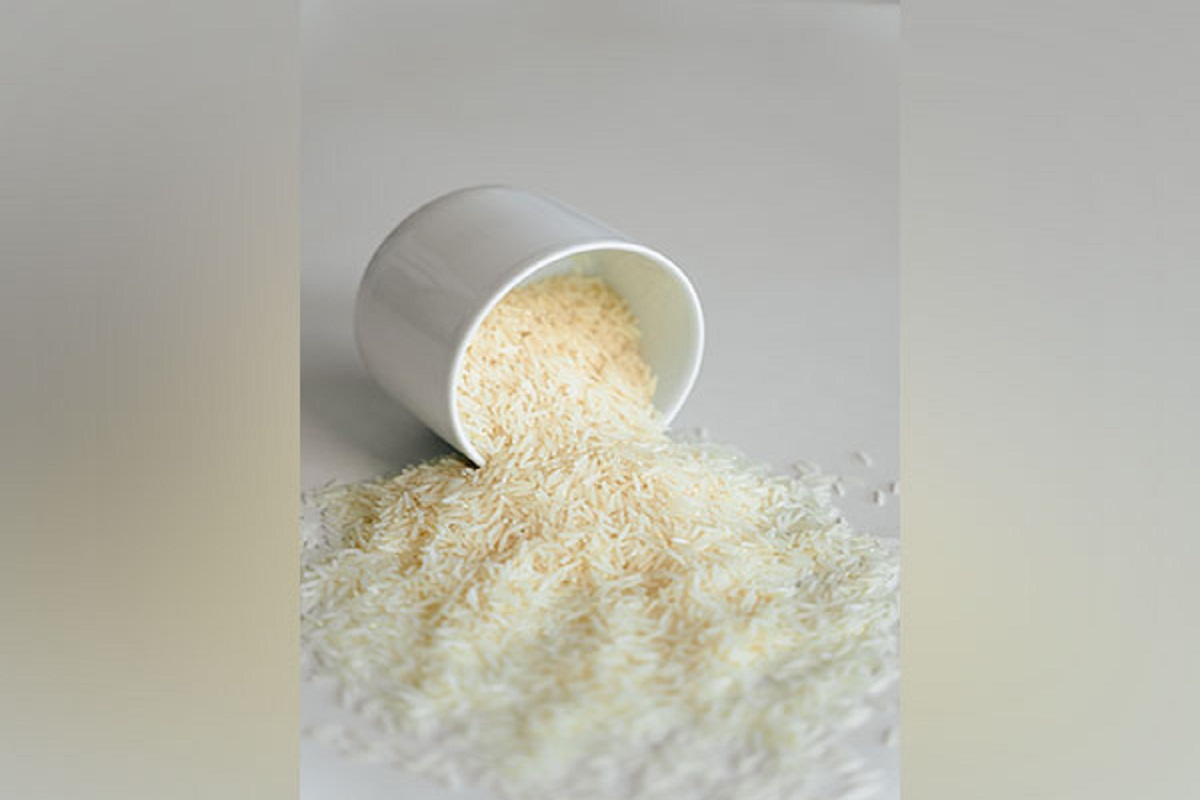Challenge in Bihar
In the tumultuous arena of Bihar politics, where alliances shift like sand dunes in the wind, this election seems poised to redefine the political landscape.

Representational Image (ANI)
While an incumbent government is expected to do everything it possibly can to secure a fresh mandate, the decision by India to place further curbs on exports of rice is bound to have serious implications, some of which are already being felt in countries that depend on the staple. While New Delhi’s decision is driven by the urge to ensure price stability in domestic markets and curb food inflation on the eve of a national election, experts foresee the international benchmark price of the commodity rising from the present $646 a tonne (up by almost $100 since July) to perhaps $1000 or even higher, as the world’s largest exporter puts up barriers.
While there are concerns that the second largest exporter ~ Thailand ~ may follow suit, so far that has not happened. On the contrary, Thailand has staged roadshows in several Asian countries, trying to garner more orders while Vietnam, another large rice producer, has announced that it is likely to cross its export target. However, the longer term view seems to be that once policy planners in Asian rice producing countries assess the El Nino effect that may hit production next year, they too may travel down the road India has chosen. This means that countries needing rice supplies will either have to brace for substantially higher prices, or seek bilateral arrangements with India.
This is already happening; Guinea sent its trade minister to New Delhi, while Singapore, Mauritius and Bhutan ~ countries with which India shares warm ties ~ have sought exemptions. India had announced it would consider such requests when the first restrictions were placed six weeks ago. But now with fresh restrictions on basmati and parboiled rice, it is not clear whether such requests will be entertained, and if so to what extent. Last week, India announced a 20 per cent tax on parboiled rice shipments and set a floor price for overseas sales of basmati rice. But it has allowed shipments stuck at ports after the ban was imposed on July 20 to be cleared, provided exporters had paid the tax on such exports by that date.
Advertisement
While the need to keep a lid on domestic prices is important, the series of abrupt decisions taken by the Directorate-General of Foreign Trade do not send out a very convincing message to buyers around the world. After all, India does account for 40 per cent of global exports and is therefore an important player in ensuring global food security. With the war in Ukraine having put a strain on grain shipments, the world’s poorest nations already face a threat to food security. And shortages of rice and grain will doubtless put pressure on prices of wheat, soya bean, corn and maize.
Advertisement